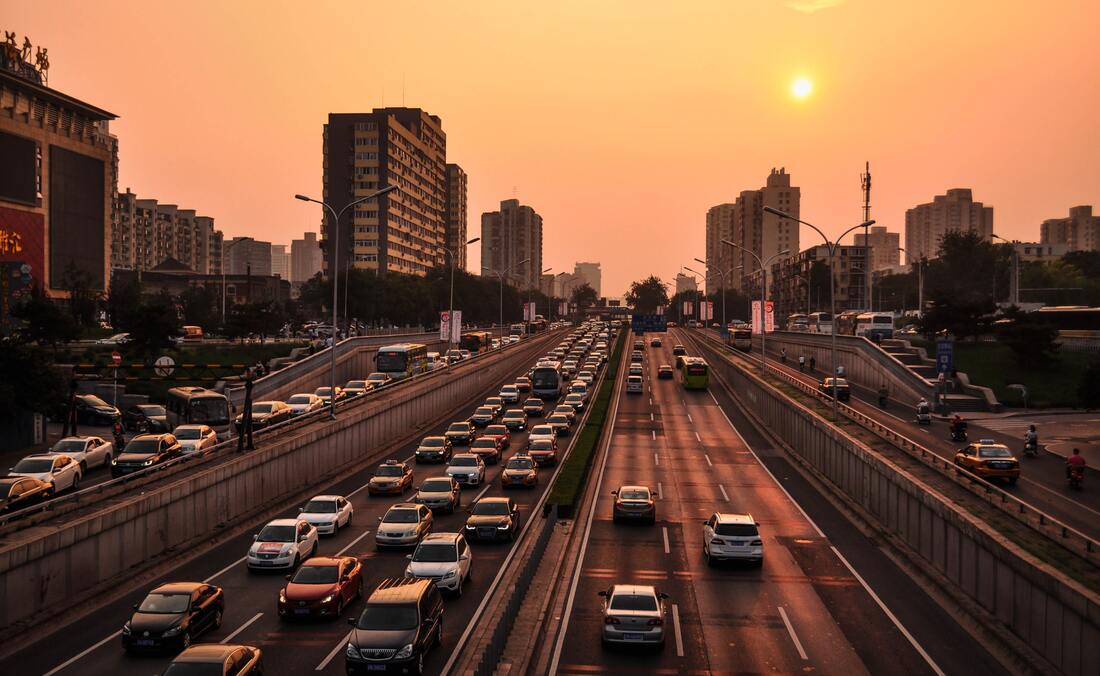|
By: T.Chan In our society, transportation has been and continues to be one of the main factors in the emission of greenhouse gases. As you might know, this is because most of our means of transport are powered by fossil fuels. However, since the start of the pandemic the use of transportation decreased due to lockdown measures, meaning much fewer people travelled to work. This meant people often didn’t leave their neighbourhood and when they go out, only walking to the supermarkets. This caused a decrease global carbon emission by 5.8% in 2020 compared with the year before.
However, since the pandemic eased globally, if not in Brazil, as vaccination spreads, lockdowns have also been eased and this has caused an increase in the need of transportation. Meanwhile, with the virus still on the loose, people have shunned public transport, using instead private means. As a result, since September, when there was generally, on a global scale, an easing of restrictions, there was an increase in carbon emissions. This caused many specialists to predict in 2021 emissions will be more than pre-pandemic levels. It is important during the predicted economic recovery, to think about the environment and find ways to help develop without an irreversible impact on the environment, especially when you bear in mind that the decrease in carbon emission that we saw last year is still not enough to revert what many specialists believe is an upcoming environmental disaster. The UN environmental programme says that unless global greenhouse gas emissions fall by 7.6% each year between 2020 and 2030, the world simply doesn’t stand a chance of meeting the goal set in the Paris climate change agreement to limit global warming to an increase of 1.5°C. If this goal isn’t met, changes in climate will expose a large percentage of the Earth’s population to extreme weather conditions and significantly reduce inhabitable spaces.
2 Comments
Rubia Gaissler
5/7/2021 03:38:15 pm
Great subject choice, Taiki! Unfortunately the environmental cost of the pandemic will be high, especially considering the amount of waste generated from the indispensable masks, additional single-use products, sanitising and cleaning products, food delivery packaging...we must act, collectively, to reverse this. As Anne-Marie Bonneau said, "we don't need a handful of people doing zero waste perfectly. We need millions of people doing it imperfectly."
Reply
Leave a Reply. |
Categories
All
Archives
June 2024
|

